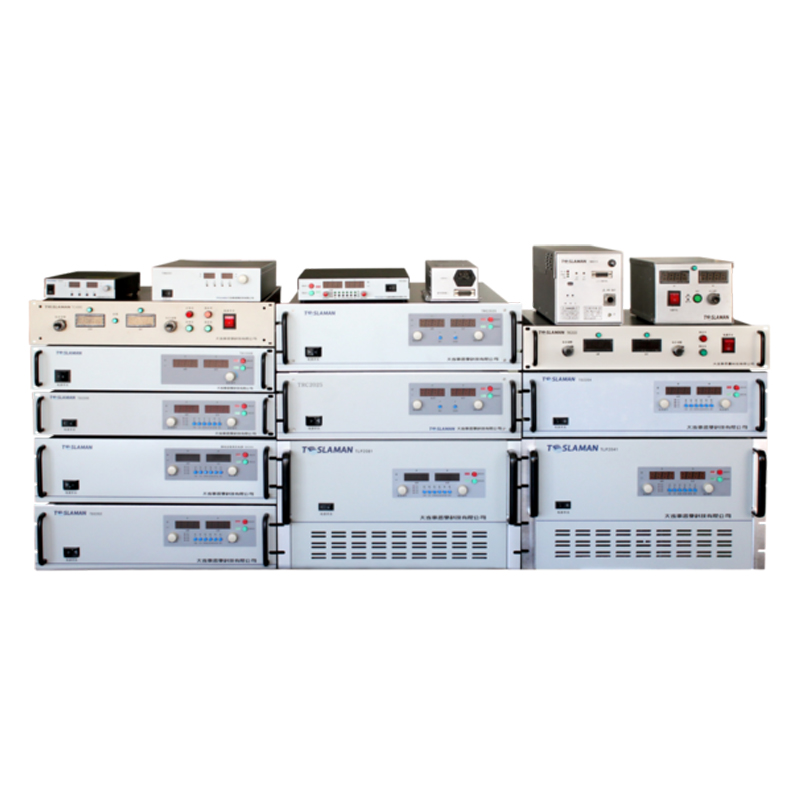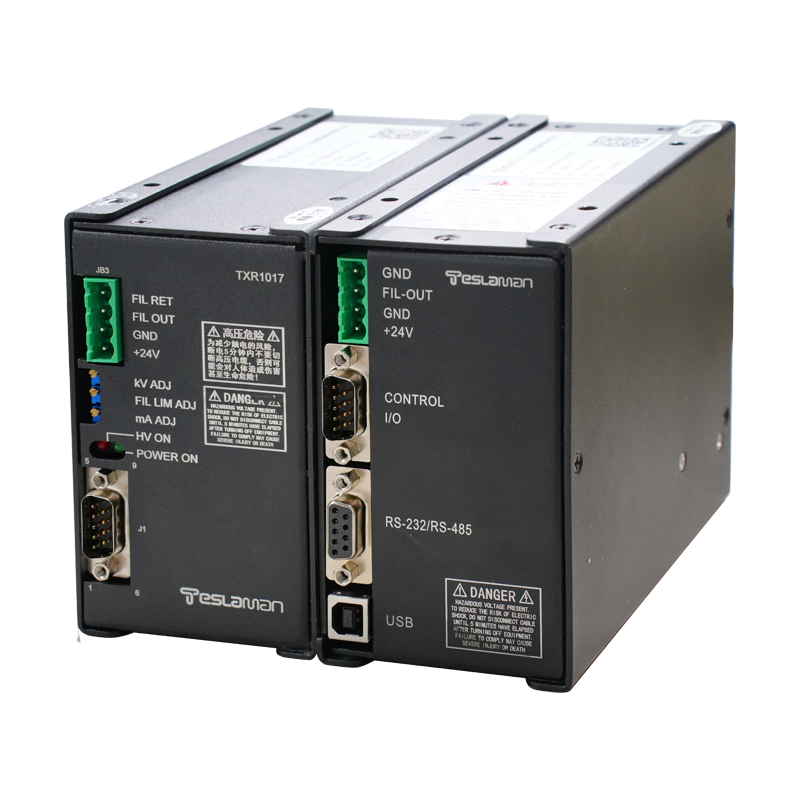The Key Role and Technical Requirements of High Voltage Pulse Power Supplies in Electromagnetic Compatibility Testing
With the rapid development of electronic technology, electromagnetic compatibility (EMC) issues have become an indispensable important link in the research and development, manufacturing, and use of electronic devices. In order to ensure the stable operation of electronic devices in various complex electromagnetic environments, accurate electromagnetic compatibility testing is crucial. In this process, high-voltage pulse power supplies play an irreplaceable key role with their unique performance characteristics.
1. Working Principle and Application Fields of High Voltage Pulse Power Supplies
High voltage pulse power supply is a kind of power supply equipment that can generate high voltage and narrow pulse width. It forms a high-voltage pulse output through the charging and discharging process of energy storage components (such as capacitors). This type of power supply has the characteristics of high power density, short rise time, and low duty cycle, and is widely used in fields such as radar transmission, particle accelerators, and plasma physics research. In recent years, with the increasing demand for electromagnetic compatibility testing, the application of high-voltage pulse power supplies in the field of EMC testing has also become increasingly widespread.
2. The Key Role of High Voltage Pulse Power Supplies in Electromagnetic Compatibility Testing
1. Simulate actual electromagnetic environment: High-voltage pulse power supply can simulate the complex electromagnetic environment that electronic devices may encounter in actual operation, such as lightning, switching operations of power electronic devices, etc. Through these simulation tests, the anti-interference ability of electronic devices under different electromagnetic environments can be evaluated.
2. Stimulate potential electromagnetic interference: In electromagnetic compatibility testing, high-voltage pulse power supply is commonly used to stimulate potential electromagnetic interference sources of electronic devices. Through the identification and analysis of these interference sources, targeted measures can be taken to rectify and improve the electromagnetic compatibility of the equipment.
3. Verify the performance of filters: Filters are one of the commonly used electromagnetic compatibility design measures in electronic devices. High-voltage pulse power supply can be used to verify the performance of filters at different frequencies and different voltage levels, providing important basis for the optimization design of filters.
3. Technical Requirements and Challenges
1. High-precision control: In order to ensure the accuracy of electromagnetic compatibility testing, high-voltage pulse power supply needs to have high-precision output control capability. This includes precise adjustment of parameters such as pulse width, pulse amplitude, and rise time.
2. High stability output: In the long-term electromagnetic compatibility test, the high-voltage pulse power supply needs to maintain stable output performance. This is of great significance for evaluating the long-term electromagnetic compatibility of electronic devices.
3. Intelligent management: With the development of automated testing technology, high-voltage pulse power supplies should have intelligent management functions. This includes automatic connection with the test system, automatic setting of test parameters, and automatic processing of test results.
4. Safety protection measures: Due to the particularity of high-voltage pulse power supply, there are certain safety risks in its use. Therefore, effective safety protection measures need to be taken in the design and use process to ensure the safety of personnel and equipment.
4. Conclusion and Outlook
High-voltage pulse power supply plays a key role in electromagnetic compatibility testing and provides strong support for evaluating the electromagnetic compatibility of electronic devices. In the future, with the continuous advancement of technology and the expansion of application fields, high-voltage pulse power supply will play an even more important role in electromagnetic compatibility testing. At the same time, in response to the technical needs and challenges of high-voltage pulse power supply, researchers in related fields also need to make continuous efforts and innovations to promote the sustained development of high-voltage pulse power supply technology.




















